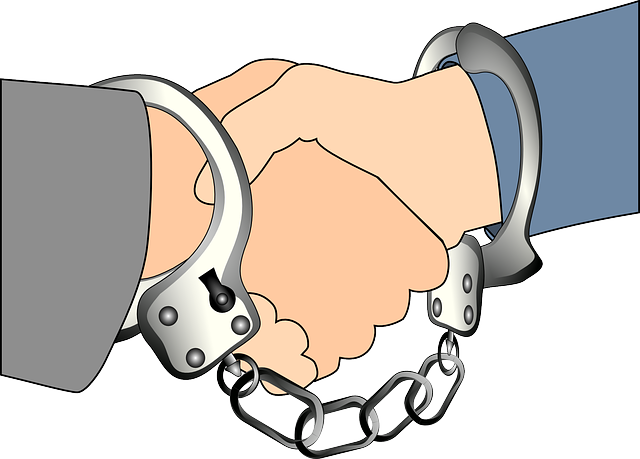In Washington County, a robust mental health law framework protects individuals with psychiatric challenges, ensuring fair treatment and access to essential services. Advocacy groups play a crucial role by providing legal guidance, reducing stigma, and improving access to care through collaborations with legal professionals, mental health experts, support groups, and community organizations. This multi-faceted approach drives positive change in mental health laws and practices, fostering holistic care and long-term well-being while promoting public understanding and support for individuals facing mental health issues.
In Washington County, understanding mental health law and effective advocacy is paramount for ensuring individuals with psychological conditions receive fair treatment and access to necessary services. This article delves into the legal protections and rights afforded to these individuals, highlighting the pivotal role of advocacy in empowering them. We explore strategies for successful mental health law advocacy within the community, emphasizing the importance of building strong networks through collaborations among stakeholders. By navigating Washington County’s legal landscape and fostering partnerships, we can significantly enhance support systems for those facing mental health challenges.
- Understanding Mental Health Law in Washington County: An Overview of Legal Protections and Rights
- The Role of Advocacy: Empowering Individuals with Mental Health Conditions
- Building a Strong Network: Collaborations for Effective Advocacy
- Strategies for Successful Mental Health Law Advocacy in Washington County Communities
Understanding Mental Health Law in Washington County: An Overview of Legal Protections and Rights

In Washington County, mental health law is a critical area that safeguards the rights and protections for individuals facing psychiatric challenges. The legal framework ensures that folks struggling with their mental well-being receive fair treatment and access to necessary services. Key aspects of this include understanding the legal definitions of mental illness, which vary based on severity and impact on daily functioning. Advocacy groups and legal professionals play a pivotal role in navigating these complexities.
The law also mandates specific procedures for involuntary commitment, ensuring due process rights for individuals subject to psychiatric hold. Washington County residents benefit from legal protections against discrimination, with laws prohibiting the stigmatization of mental health conditions in employment, housing, and public accommodations. Advocacy efforts have led to improved access to care, including community-based services and crisis intervention programs, further enhancing support systems within the county.
The Role of Advocacy: Empowering Individuals with Mental Health Conditions

Advocacy plays a pivotal role in mental health law, acting as a powerful tool to empower individuals navigating challenging circumstances. In Washington County, advocacy groups and organizations strive to ensure that those with mental health conditions have access to not only treatment but also legal protections and support services tailored to their unique needs. These advocates work tirelessly to educate both the community and legal systems about the complexities of mental illness, advocating for policy changes and better understanding.
Through Washington County advocacy, individuals facing legal issues related to their mental health can receive guidance and representation. Advocates help them navigate complex legal processes, ensuring their rights are protected. This support is crucial in reducing stigma, promoting fairness, and enabling those with mental health conditions to participate fully in society while accessing the care they require.
Building a Strong Network: Collaborations for Effective Advocacy

Building a strong network is pivotal for effective mental health advocacy, especially in areas like Washington County. Collaborations between legal professionals, mental health experts, support groups, and community organizations can amplify voices and ensure comprehensive representation. By joining forces, these entities can navigate complex systems more efficiently, providing holistic support to individuals navigating the mental health care landscape.
In Washington County, such partnerships enable integrated advocacy strategies. Legal aid organizations team up with local mental health facilities to offer pro bono services, ensuring accessibility for underserved populations. Support groups and community leaders also play a crucial role by sharing personal experiences and amplifying public awareness, fostering an environment of understanding and empathy towards mental health struggles. This collaborative approach strengthens the overall advocacy efforts, ultimately driving positive change in mental health laws and practices within the county.
Strategies for Successful Mental Health Law Advocacy in Washington County Communities

In Washington County communities, successful mental health law advocacy requires a multi-faceted approach that combines legal expertise with deep community engagement. One key strategy is to foster strong partnerships between legal aid organizations, mental health professionals, and local support groups. By collaborating, these entities can create comprehensive services that address the unique needs of individuals with mental health challenges. This integrated model ensures that legal representation is coupled with access to therapy, counseling, and other supportive services, providing holistic care that promotes long-term well-being.
Additionally, Washington County advocacy efforts should focus on public education and awareness campaigns. Educating community members about mental health laws, rights, and available resources empowers individuals to seek help without stigma. Advocacy groups can organize workshops, seminars, and outreach programs to engage schools, workplaces, and community centers. By raising visibility and dispelling misconceptions, these initiatives create a more supportive environment where individuals feel comfortable discussing their struggles and accessing the legal and mental health services they deserve.
